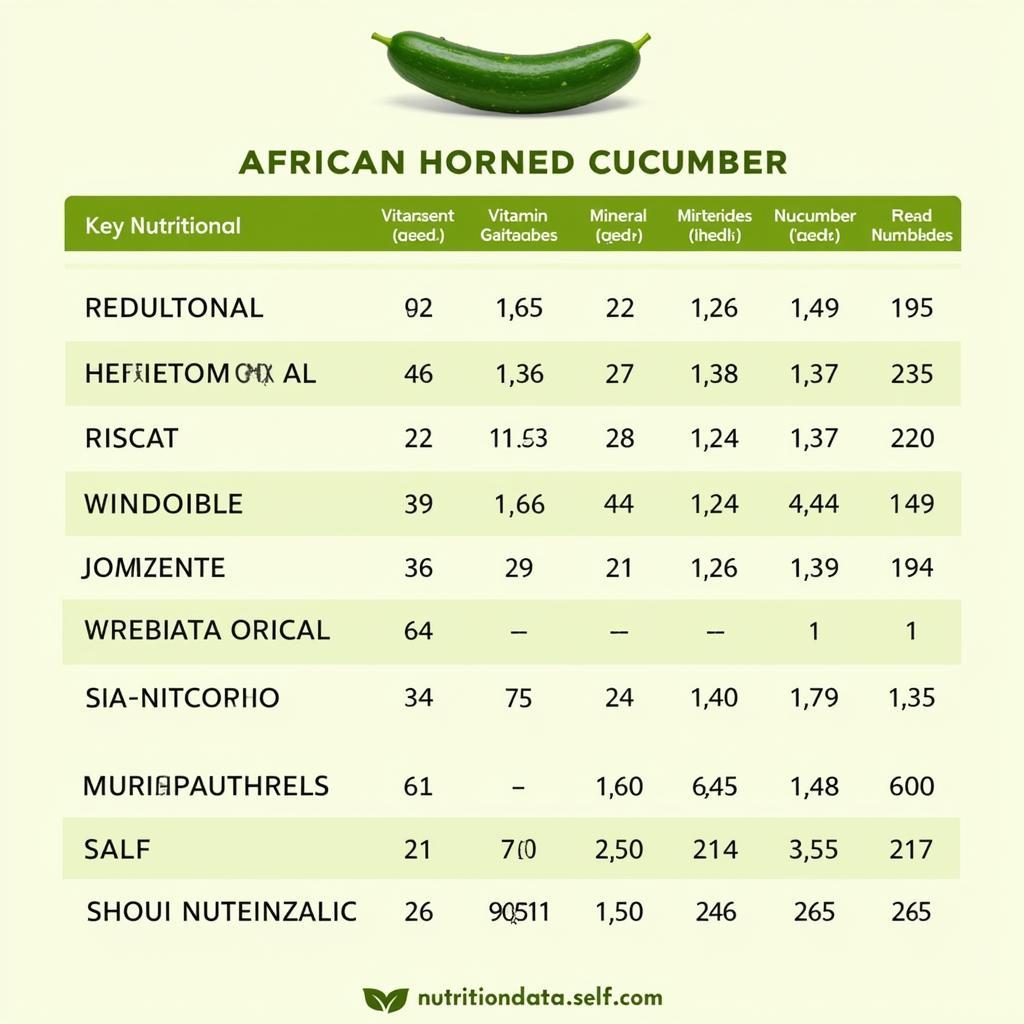The Aromatic World of African Incense Sticks
African Incense Sticks offer a captivating journey into the heart of African culture and tradition. From spiritual ceremonies to everyday rituals, these fragrant sticks play a significant role across the diverse continent, offering a sensory experience that connects people to their heritage and the natural world.
Exploring the Rich History of African Incense Sticks
Incense has been used in Africa for centuries, with evidence dating back to ancient Egypt. The use of aromatic plants and resins in rituals and ceremonies has deep roots in many African cultures. These traditions continue to thrive today, with incense sticks playing a vital role in various spiritual and social practices. From purifying spaces to honoring ancestors, the burning of incense represents a connection to the spiritual realm and the natural world. The specific types of plants and resins used vary across different regions and cultures, reflecting the unique biodiversity and traditions of each area.
Traditional African incense is often made from natural ingredients like frankincense, myrrh, and various local herbs and woods. These ingredients are carefully selected and blended to create unique fragrances that carry specific cultural and spiritual significance. For example, some blends are believed to promote healing, while others are used to ward off negative energy.
The Diverse Uses of African Incense Sticks
African incense sticks are not only used in spiritual contexts but also in everyday life. Many people burn incense to create a pleasant and relaxing atmosphere in their homes. The fragrant smoke can help to purify the air and create a sense of tranquility. Specific scents are often associated with particular moods or intentions, allowing individuals to personalize their incense experience.
Beyond personal use, incense also plays a role in social gatherings and celebrations. It is often used to welcome guests and create a festive atmosphere. In some cultures, incense is also burned during traditional healing practices and is believed to have medicinal properties. The variety of uses highlights the versatility and cultural significance of African incense sticks.
Crafting the Perfect Ambiance: Types of African Incense Sticks
The world of African incense sticks offers a rich tapestry of scents, each with its own unique characteristics and purpose. From the earthy aroma of african black love incense to the sweet and floral notes of others, there is a fragrance to suit every preference. Some popular choices include frankincense, renowned for its purifying properties, and myrrh, often used in spiritual ceremonies. Other varieties incorporate local herbs and woods, adding a distinctive regional touch.
Understanding the Cultural Significance of Different Scents
Each scent carries its own cultural and spiritual significance. For instance, some are associated with specific deities or ancestors, while others are believed to attract good fortune or ward off negative energy. Exploring the symbolism behind different fragrances can provide a deeper understanding of African traditions and beliefs.
Dr. Aisha Nkosi, a renowned ethnobotanist specializing in African traditional medicine, explains, “The use of incense in Africa is not merely about fragrance; it’s about connecting with the spiritual realm and harnessing the power of nature. Each plant and resin has a story to tell, a purpose to serve.”
Conclusion: Experiencing the Magic of African Incense Sticks
African incense sticks offer a unique and captivating sensory experience, deeply intertwined with the continent’s rich culture and traditions. From their historical uses in spiritual ceremonies to their everyday role in creating a peaceful ambiance, these fragrant sticks provide a tangible connection to the natural world and the heritage of Africa. Exploring the diverse world of African incense is an invitation to discover the magic and mystique of this ancient tradition.
FAQ
- What are African incense sticks made of? Many are made from natural ingredients like frankincense, myrrh, and various local herbs and woods.
- How are African incense sticks used? They are used in spiritual ceremonies, for creating a relaxing atmosphere in homes, and in social gatherings.
- What is the significance of different scents? Each scent carries its own cultural and spiritual significance, some associated with deities, ancestors, or attracting good fortune.
- Where can I buy authentic African incense sticks? You can find them in specialty stores, online marketplaces, and sometimes directly from artisans.
- Are there any safety precautions when burning incense? Ensure proper ventilation and never leave burning incense unattended.
- What are some popular types of African incense? Frankincense, myrrh, and blends incorporating local herbs and woods are common choices.
- How can I learn more about the cultural significance of African incense? Research online, consult books on African culture, and visit museums or cultural centers.
Professor Kwame Asante, a leading scholar of African Studies, adds, “Incense burning is a powerful symbol of connection, linking individuals to their ancestors, their communities, and the spiritual forces that shape their world.”
Common Scenarios and Questions
- Scenario: You want to create a relaxing atmosphere in your home. Question: Which type of African incense is best for relaxation and stress relief?
- Scenario: You’re interested in learning more about African spiritual traditions. Question: What role does incense play in different African spiritual practices?
- Scenario: You’re looking for a unique gift for someone interested in African culture. Question: Where can I find high-quality, ethically sourced African incense sticks?
Further Exploration
Explore other articles on our website about African culture, traditions, and spirituality.
Need assistance? Contact us 24/7: Phone: +255768904061, Email: [email protected] or visit us at: Mbarali DC Mawindi, Kangaga, Tanzania.



